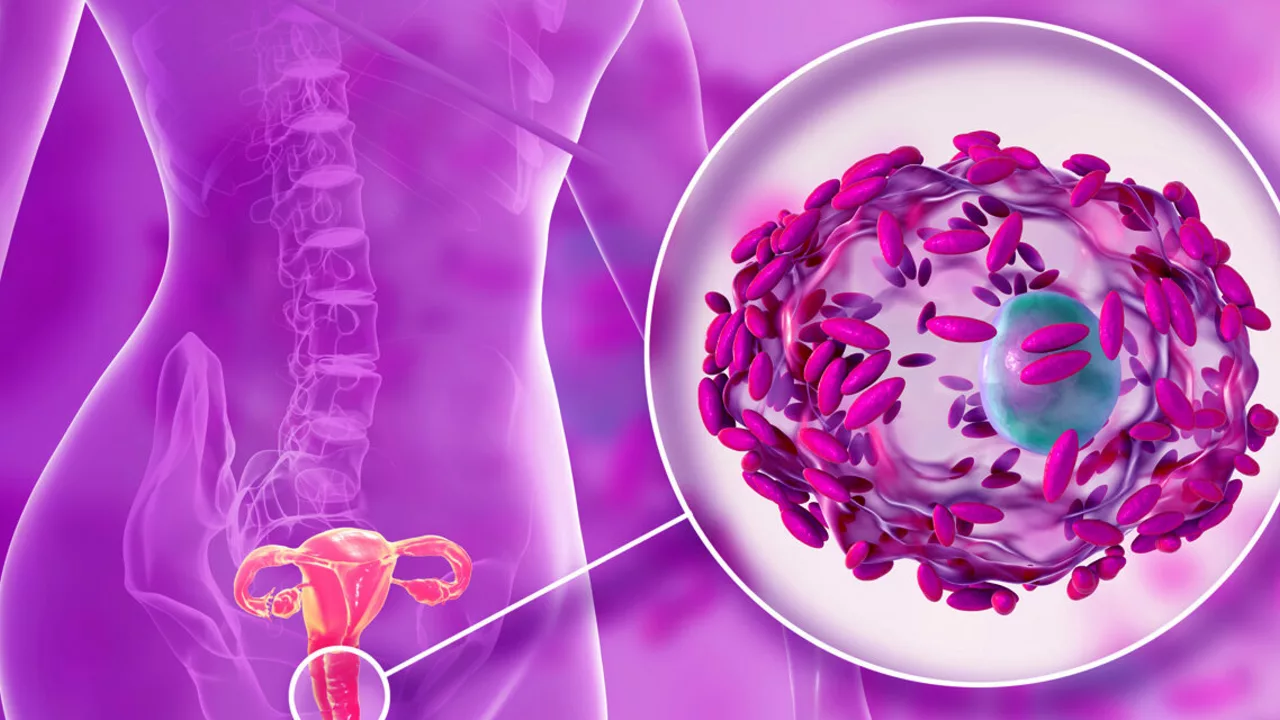Women's Health: Practical Guides on Meds, Skin & Wellbeing
Women’s health covers lots of ground—periods, fertility, skin, mood, and medicines that affect your day-to-day life. This page pulls together clear, usable advice so you can spot issues early, make safer choices about treatments, and know when to see a clinician.
Quick checks you can do at home
Track cycles, spot changes in skin or hair, and notice shifts in mood or sleep. If your period suddenly changes, acne flares in adulthood, or you feel down for more than two weeks, write it down and bring it up with your provider. Small notes help your doctor make faster sense of what’s happening.
Self-breast checks are simple: check for lumps, dimpling, or changes in size or nipple shape after your period. For contraception, keep a reminder for pill refills, implant checks, or IUD follow-ups. If you’re trying to conceive, track ovulation signs and get a baseline fertility test when needed.
Medications, skin care, and safety online
Some meds affect women differently—hormone-related drugs, acne treatments, or fertility meds. Read practical guides on drugs like spironolactone (tips for drinking safely while on it), Soolantra for rosacea, or Fertigyn for fertility use. Always check side effects and interactions with your regular doctor.
If you buy meds online, pick verified pharmacies and read real reviews. Our site reviews several online pharmacies and shows how to spot red flags: missing contact details, no pharmacist access, or prices that seem unrealistic. Keep prescriptions ready and never ignore verification seals.
For acne and rosacea, match treatment to the cause. Topical options like benzoyl peroxide or ivermectin cream work for different conditions—follow the product advice and give treatments time to show results. If you try a new cream, patch test it first to avoid widespread irritation.
Mental health is part of women’s health. Look for persistent sadness, changes in appetite, loss of interest, or trouble concentrating. Depression symptoms are real signals, not weakness. Ask for a mental health check during regular visits and consider medication or therapy options when recommended.
Steroid use and tapering—if you use prednisone for long periods, lifestyle steps like anti-inflammatory eating, consistent sleep, and stress reduction can help reduce dependence. Talk to your prescriber before making changes; tapering must be supervised.
When to see a clinician: heavy or irregular bleeding, severe pelvic pain, sudden hair loss, ongoing depression, pregnancy concerns, or any new chest pain. Don’t wait—early care often prevents bigger problems.
Want more? Check specific guides on fertility, safe online pharmacies, acne treatments, and real-world tips for living well on medications. Use them as starting points and always ask a clinician to tailor choices to you.
Vaginal infections and the use of antibiotics: What you need to know
In my latest blog, I delve into the common issue of vaginal infections and the role of antibiotics in treatment. I discuss the different types of infections, such as bacterial vaginosis and yeast infections, and how they can be effectively treated with antibiotics. I also touch on the importance of proper usage of these medicines and the potential risk of antibiotic resistance. I emphasize the need for a professional diagnosis before starting any treatment, as self-diagnosing can lead to more harm than good. Lastly, I stress the importance of maintaining good vaginal health to prevent these infections.






